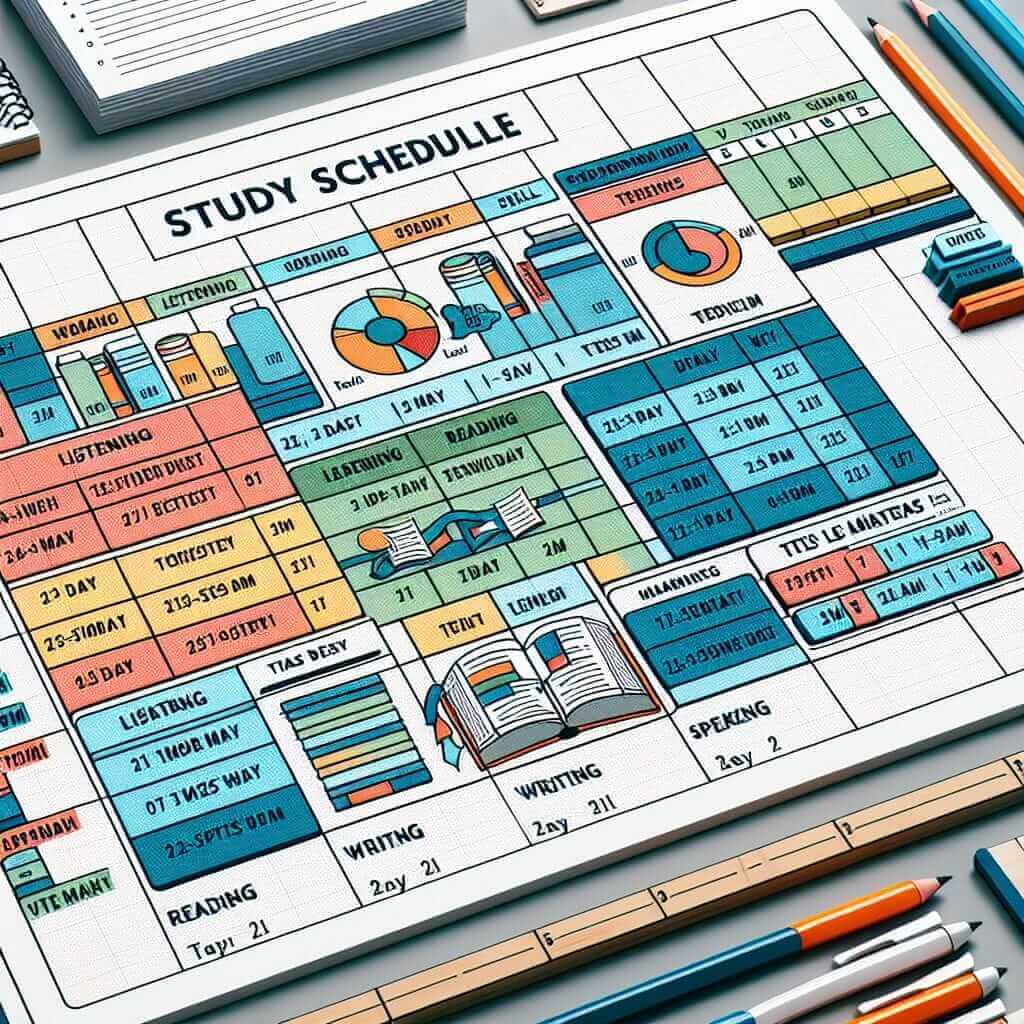As an IELTS instructor with over two decades of experience, I often encounter students who wonder about the relevance of seemingly simple questions in the IELTS Speaking test. One such question is “Are you good at making plans?”. While it may appear straightforward, this question offers a fantastic opportunity to showcase your language proficiency and impress the examiner. Let’s delve into why this question arises and how you can deliver a stellar response.
The Significance of “Planning” in IELTS Speaking
The IELTS Speaking test assesses your ability to communicate effectively in English, encompassing fluency, vocabulary, grammar, and pronunciation. When the examiner asks about your planning skills, they aren’t simply interested in your organizational habits. They are evaluating:
- Your ability to articulate abstract concepts: Planning involves foresight, organization, and time management – all of which require a sophisticated understanding of vocabulary and grammar.
- Your capacity for developing and explaining ideas: A well-structured response demonstrates your ability to connect thoughts logically and present them coherently.
- Your fluency and comfort in discussing everyday topics: The IELTS aims to gauge your ability to converse naturally and confidently on a range of subjects.
Crafting Your Response: From Good to Exceptional
While a simple “yes” or “no” might suffice in casual conversation, the IELTS demands more. Here’s how to structure a compelling answer:
1. Acknowledge the Question: Briefly restate the question to show you understand and are engaging with it. For instance:
- “Yes, I would consider myself someone who is quite adept at making plans.”
- “Well, planning is something I’ve always been quite interested in.”
2. Provide Specific Examples: Illustrate your point with concrete examples from your life. This adds authenticity and allows you to demonstrate a wider range of vocabulary. Consider:
- Academic experiences: “For instance, during my university exams, I create detailed study schedules to cover all subjects effectively.”
- Personal life: “Last year, I planned a trip to [Destination] for my family. I researched extensively, booked accommodations, and created a detailed itinerary.”
- Work or volunteer experiences: “In my role as [Position], I often have to plan projects, delegate tasks, and ensure timely completion.”
3. Discuss Your Approach (Optional): If time allows and you feel comfortable, briefly elaborate on your planning style.
- “I find using digital calendars and to-do lists very helpful for staying organized.”
- “I prefer to plan things in detail to minimize surprises and ensure a smoother experience.”
4. Connect to a Broader Point: Conclude by linking your planning skills back to a personal quality or value. This adds depth and shows a sophisticated grasp of language.
- “Overall, I believe good planning is crucial for achieving goals and reducing stress.”
- “Being organized helps me make the most of my time and allows me to pursue my passions more effectively.”

Sample Response
“Yes, I’d say I’m quite good at making plans. For instance, when I’m preparing for important exams, I always create detailed study schedules to allocate time for each subject. I find breaking down large tasks into smaller, manageable chunks helps me stay on track and reduces stress. I also rely heavily on digital calendars and to-do lists to stay organized. Overall, I believe being able to plan effectively is a valuable skill that contributes to both personal and professional success.”
Tips for Success
- Practice Regularly: Familiarize yourself with common IELTS Speaking topics and practice responding to them spontaneously.
- Expand Your Vocabulary: Learn synonyms for common words related to planning, such as “organize,” “schedule,” “manage,” and “prioritize.”
- Focus on Fluency: Speak naturally and don’t be afraid to pause briefly to gather your thoughts.
- Be Yourself: Authenticity is key! Share genuine examples and speak with passion.
Remember, the “Are you good at making plans?” question isn’t about providing a right or wrong answer. It’s an opportunity to showcase your language proficiency and engage in a natural, confident conversation. With thoughtful preparation and practice, you can use this question as a stepping stone to a higher IELTS Speaking score. Good luck!